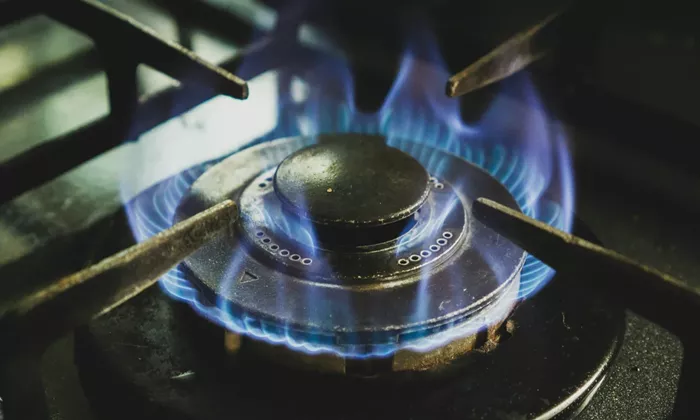A recent study highlights that using gas stoves at home significantly increases indoor benzene levels, a harmful pollutant linked to cancer risks such as leukemia.
With 47 million American households relying on natural gas stoves, and hundreds of millions worldwide, this poses a major health concern.
Researchers analyzed benzene emissions from gas stoves in various home types and cooking patterns, using advanced indoor air quality models.
They found that high stove use, especially without proper ventilation, leads to benzene concentrations exceeding safety limits set by California’s environmental agency.
Benzene exposure was highest in bedrooms, where people spend most of their time, showing that pollutants easily spread beyond kitchens. While low and medium stove use kept benzene within safe levels, frequent cooking on gas stoves without ventilation raised cancer risk concerns.
Effective ventilation, such as vented range hoods and open windows, substantially reduced benzene concentrations, underscoring the importance of air circulation to protect health indoors.
This study urges increased awareness about indoor air pollution from gas cooking and promotes better ventilation to reduce cancer risks linked to benzene exposure.
Related topics:
- 8-Hour Time-Restricted Eating Supports Sustainable Long-Term Weight Loss
- Can Probiotics Improve Gut Health And Ease Negative Mood?
- Personalized Gene Therapy Helps Baby Thrive After Rare Genetic Disease


